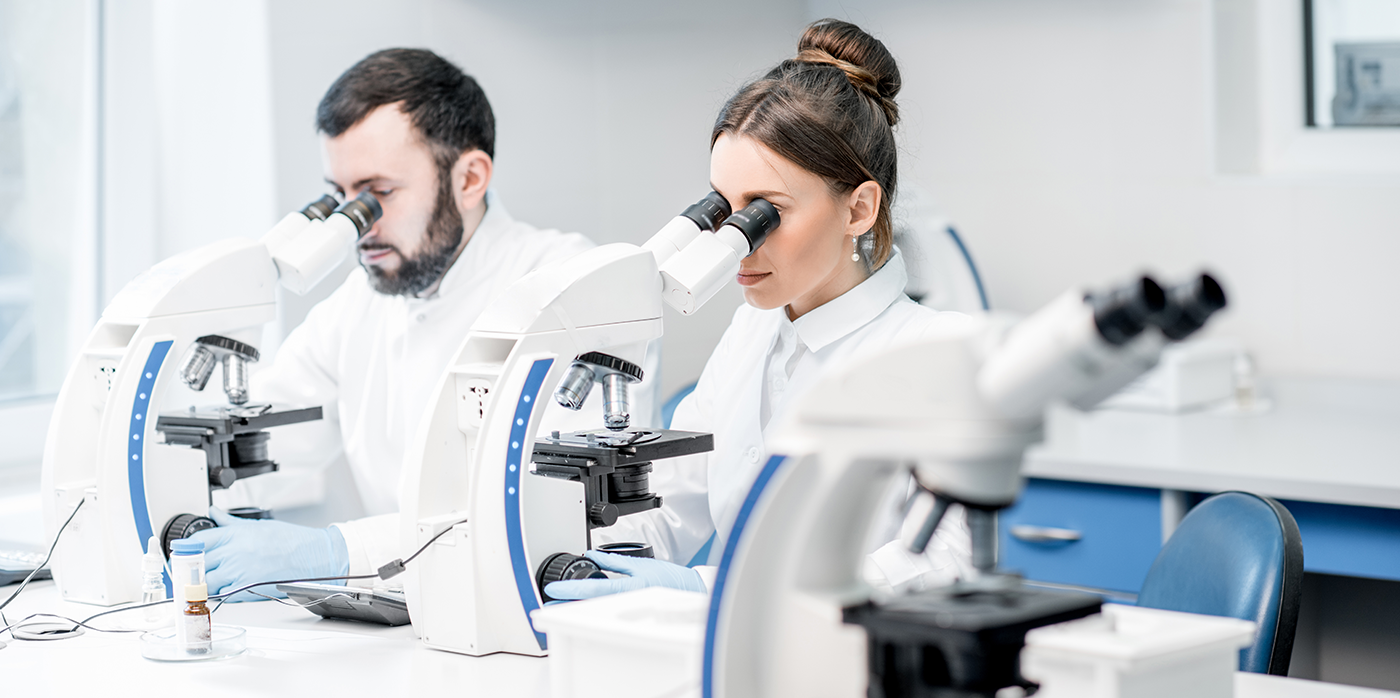ANR Publishes Action Plan for 2024 Generic Call for Proposals
ANR has published the action plan for its 2024 generic call for proposals, supporting French researchers in projects relevant to a broad range of topics covering all major disciplines.
The Agence Nationale de la Recherche (ANR – National Research Agency), governed by the French Ministry of Research, provides funding to public research organisations and universities, as well as to private companies, for both basic and applied research in all fields of science. Its goals include promoting creativity and openness as well as new ideas and partnerships, in particular between academia and industry.
ANR has published the action plan for its 2024 generic call for proposals, targeted at French researchers from a variety of backgrounds. This call comprises five funding instruments to support a range of potential applicants. The instruments are as follows: support for young researchers (JCJC), support for single-team research projects (PRME), support for collaboration between national public entities (PRC), support for international bilateral collaboration (PRCI) and support for public-private collaboration (PRCE).
The 2024 call is structured around 56 research topics. Researchers will select the topic most in line with the objectives of their project when completing their application. 37 of these topics correspond to the following seven broad scientific disciplines:
- Environmental sciences
- Material sciences and engineering
- Life sciences
- Humanities and social sciences
- Digital sciences
- Mathematics and their interactions
- Subatomic physics, sciences of the universe and Earth sciences
The remaining 19 research topics, corresponding to seven broad research areas of interest, represent transversal issues relevant to several scientific fields:
- 1- Sustainability science.
- 2- One Health.
- Axis 2: Contaminants, ecosystems and health.
- Axis 3: Infectious diseases and the environment.
- Axis 4: Public health, health and societies.
- 3- Ecological and environmental transition.
- Axis 5: Methodologies, instrumentations, sensors and solutions for the ecological transition.
- Axis 6: Dynamics of socio-ecosystems and their components.
- Axis 7: Bioeconomy: chemistry, materials, processes and system approaches, from biomass to uses.
- 4- Energetic transition.
- Axis 8: Basic energy science.
- Axis 9: Sustainable, clean, safe and efficient energy.
- 5- Technological transitions.
- Axis 10: Nano-objects and functional nanomaterials, interfaces.
- Axis 11: Sensors, imagers and instrumentation.
- Axis 12: Micro and nanotechnologies for information processing and communication.
- Axis 13: Healthcare technologies.
- 6- The digital transformation.
- Axis 14: Interfaces: mathematics, digital sciences – biology, health.
- Axis 15: Interfaces: mathematics, digital sciences – humanities and social sciences.
- Axis 16: Interfaces: mathematics, digital sciences – earth system and environmental sciences.
- 7- Transformations of sociotechnical systems.
- Axis 17: Global security, resilience and crisis management, cybersecurity.
- Axis 18: Transport and mobility, constructions in urban and peri-urban areas.
- Axis 19: Industry and factory of the future: People, organisation, technologies.
Detailed information regarding funding will be published in September and will depend on the funding instrument relevant to the applicant. Typically, public research applicants will have 100% of their project costs covered by ANR.
Applications will open in September 2023.
(This report was the subject of a ResearchConnect Newsflash.)

